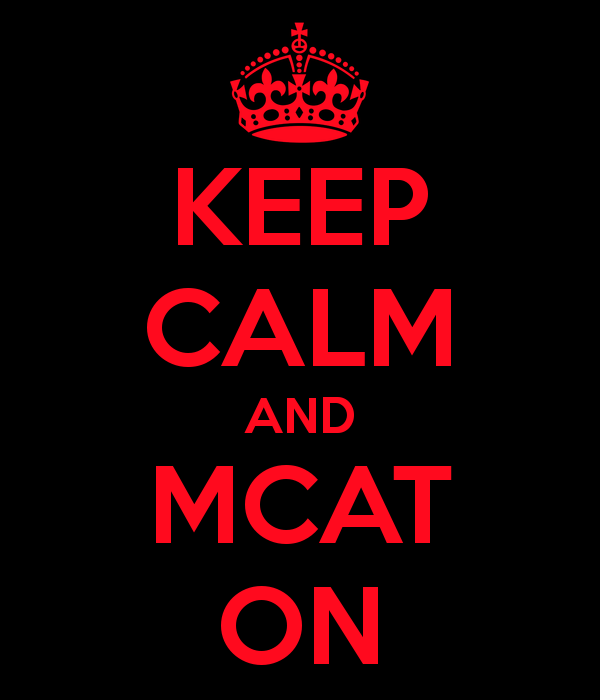All premed students know that the Medical College Admission Test (MCAT) is a big component of the medical school admission process. It looms large in the mind of every premedical student.
I have spent almost 25 years advising premed students and coaching them through the MCAT. Helping students refine their test-taking strategies has allowed me to come up with a list of tips to help premed students prepare for and master the MCAT. This list may be especially helpful for those who have taken the MCAT and did not receive the score they hoped for and it’s equally valuable for first-time test takers. Check this list to be sure you prepare thoroughly and carefully. If you did not perform well on the MCAT, you may need to recalibrate your study methods.
- The MCAT is a test of both content and strategy. As such, be sure to master the content before attempting to take any practice tests. Make sure you have the content down cold. If there are gaps in your knowledge, fill the gaps. Use review materials provided by both the Association of American Medical Colleges and other sources of your choosing to be sure that you have a very strong grasp of the content on the MCAT.
- Familiarity with the structure of the test and the way questions are posed helps test takers perform better. Be sure you know the test inside and out before taking it; this is not a test you want to “try out” to see how you do. Only take the MCAT when you are fully prepared. Don’t rush it. If you’re not ready, don’t take it.
- How do you know if you’re ready to take the MCAT? You should be scoring in your target range on the AAMC practice tests before taking the real MCAT. If you’re not hitting your target, delay taking the test. It’s as simple as that. If you’re not getting the score you want on practice tests, figure out what your weaknesses are and work to fix them. If it’s content you don’t understand, learn it. If it’s a timing issue, work to speed up your timing by doing practice passages from prep books.
- There are several ways to prepare for the MCAT. Some students can afford commercial test prep classes while others cannot. Whether you take a commercial class or not is a personal decision; in my experience, students who don’t take pricey classes are as capable of doing well on the MCAT as those who do. Some people opt to take a commercial class (Kaplan, Princeton Review, Examkrackers, Next Step Prep, Altius, etc.) because it gives structure to their studying. The most important preparation—whether or not you enroll in a formal MCAT class—is to put in the time necessary to master the material and learn strategy. Preparing for the MCAT takes enormous discipline—this is wholly correlated with what’s required in medical school thus it’s a valuable skill to learn.
- Practice, practice, practice! One of the most valuable tools in preparing for the MCAT is the practice test. Be sure to take every AAMC practice test available, in addition to many other practice tests from other sources (at least 10). Space them out widely enough so that you can digest one practice test before taking another, learning from your mistakes/gaps in knowledge and addressing any weaknesses. This usually means at least a week between practice tests.
The key to doing well on the MCAT is preparation, which requires diligence and discipline. Be sure to devote the time necessary to maximize your score and get the results you want. Good luck!
–Liza Thompson, Expert Medical School Admissions Consulting

